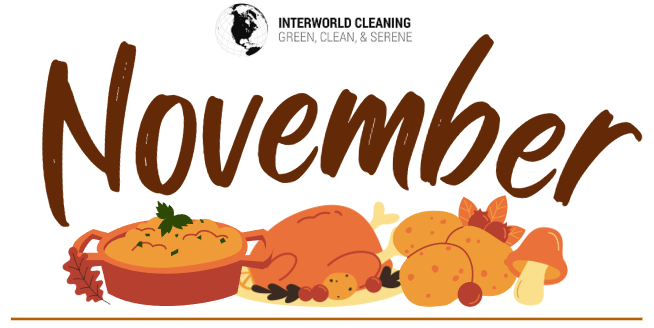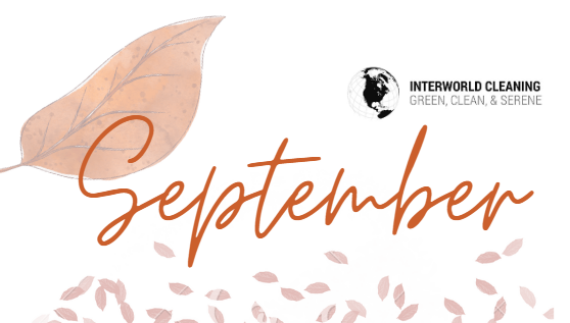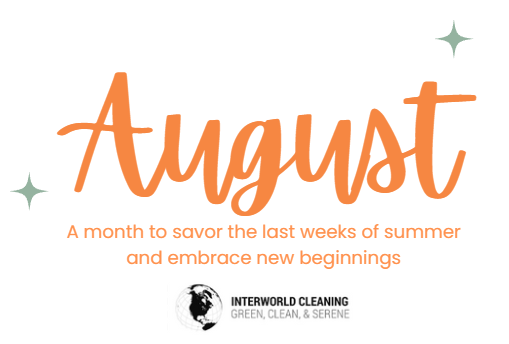The Evolution of Cleaning: From Then to Now
Hello, Interworld Cleaning community!
From Ancient Necessity to Spiritual Practice

Cleaning is as old as civilization itself. In ancient Egypt, cleanliness was highly regarded, not just physically but also spiritually. They even developed early forms of soap! Fast forward to the Middle Ages, and cleaning became even more important as towns and cities grew. While methods were basic, people started understanding the link between cleanliness and health.
The Industrial Revolution and the Rise of Professional Cleaning
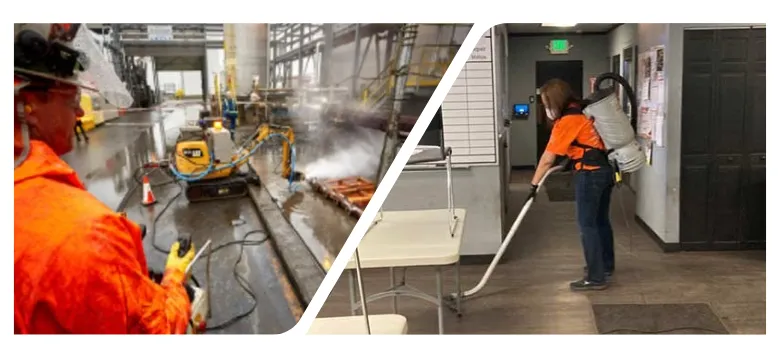
The Industrial Revolution changed everything, including cleaning. With more people living in cities, efficient cleaning methods were needed. This era saw the invention of the vacuum cleaner, which revolutionized home cleaning. Additionally, the growing middle class created a demand for domestic help, making house cleaning a respected profession.
20th Century Advancements and the Rise of Commercial Cleaning
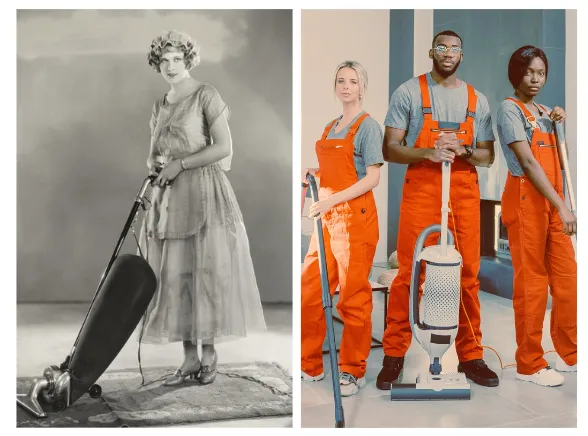
The development of synthetic detergents in the 1930s and the widespread use of washing machines and dishwashers made household cleaning easier and more efficient. Commercial cleaning services began to flourish, providing professional cleaning solutions for businesses and institutions. The role of the janitor or custodian became essential in maintaining hygiene and safety in public and private spaces.
Today, the cleaning industry is a crucial part of the global economy, employing millions of people worldwide. Professional cleaning services like Interworld Cleaning offer specialized knowledge and skills to ensure the highest standards of cleanliness and hygiene. From hospitals to office buildings, our work helps create safe and healthy environments for everyone.
Evolution Insight: The Rise of Green Cleaning
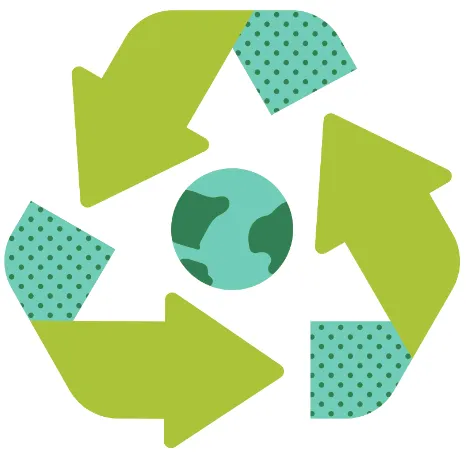
In the past decade, one of the most significant shifts in the cleaning industry has been the rise of green cleaning practices. Ten years ago, the focus was primarily on achieving cleanliness and hygiene, often using harsh chemicals and traditional methods. Today, there’s a growing awareness of the environmental and health impacts of cleaning products and practices, leading to the adoption of eco-friendly solutions.
- Eco-Friendly Products: Modern cleaning products are formulated with biodegradable ingredients, reducing pollution and promoting healthier indoor air quality.
- Sustainable Practices: Our cleaning professionals are trained in minimizing water and energy use, recycling waste, and using reusable materials. This protects the environment and reduces costs.
- Health-Conscious Methods: Green cleaning focuses on the well-being of both our staff and your occupants. Non-toxic products and techniques minimize the risk of health problems.
- Technology Integration: Automated cleaning robots and advanced filtration systems further enhance the efficiency and effectiveness of green cleaning, all while reducing our environmental footprint.
The move towards green cleaning reflects our industry’s commitment to sustainability and health. By embracing eco-friendly practices, we’re creating a cleaner, safer, and more sustainable world for generations to come. At Interworld Cleaning, we’re proud to be leaders in this green revolution, offering our clients the best in eco-friendly cleaning solutions.
“Cleaning is not just about making things look good on the surface; it’s about creating a healthy environment that allows us to thrive.” – Unknown
We hope you enjoyed this journey through the history of cleaning! Stay tuned for more interesting content in our future newsletters.
Follow Us!

